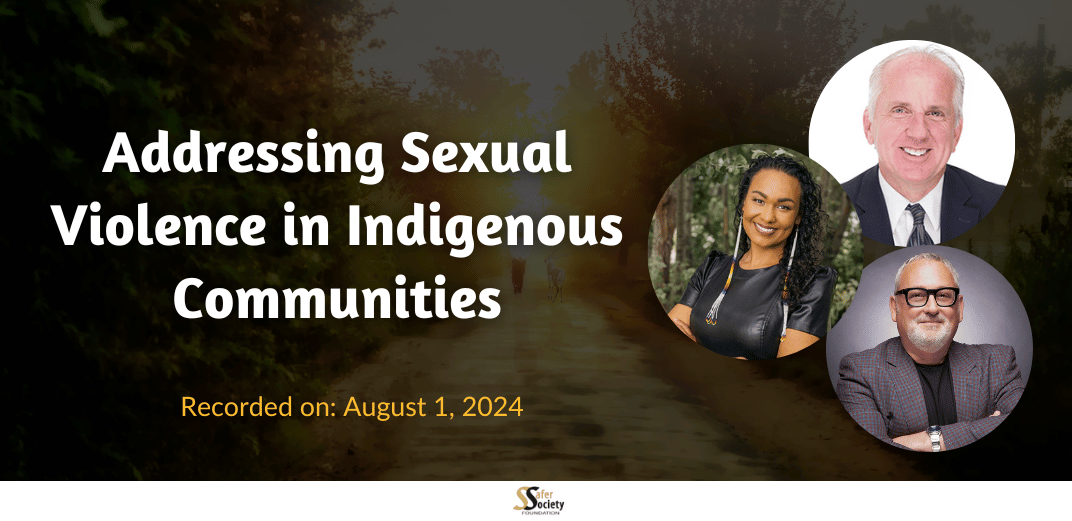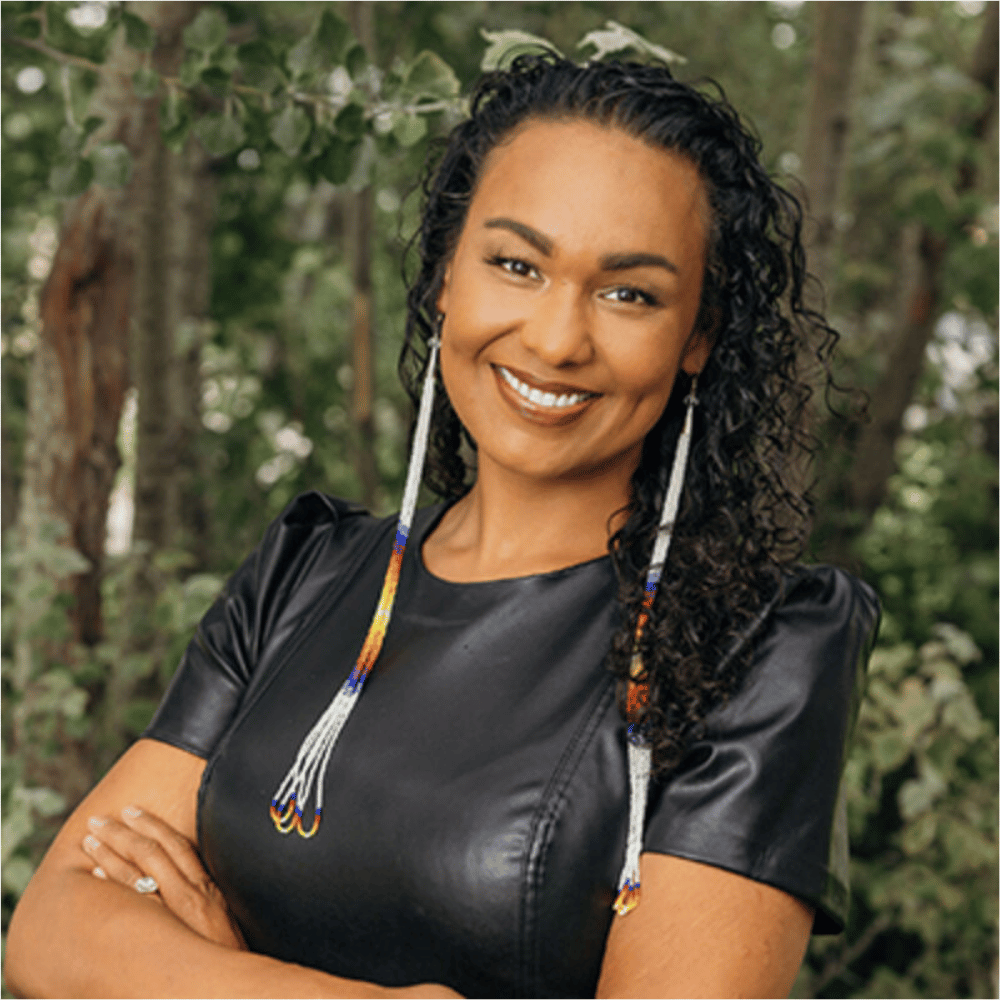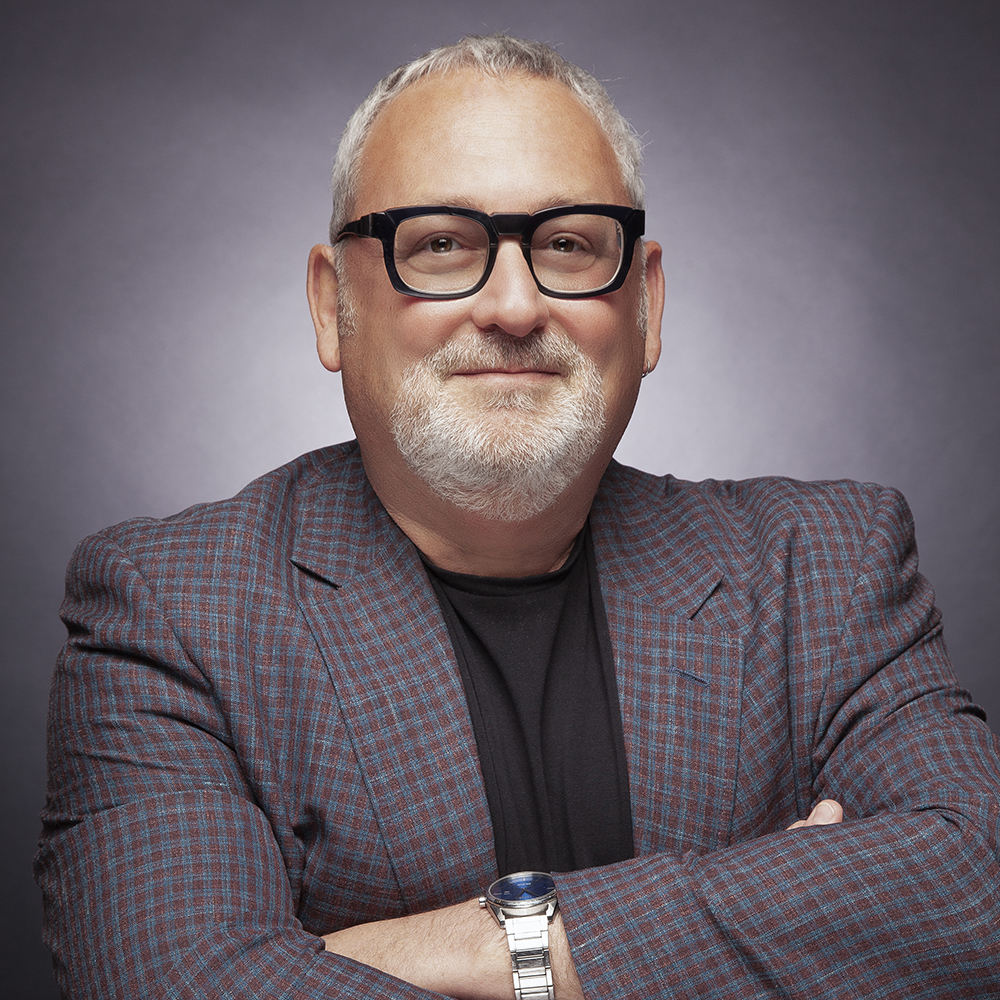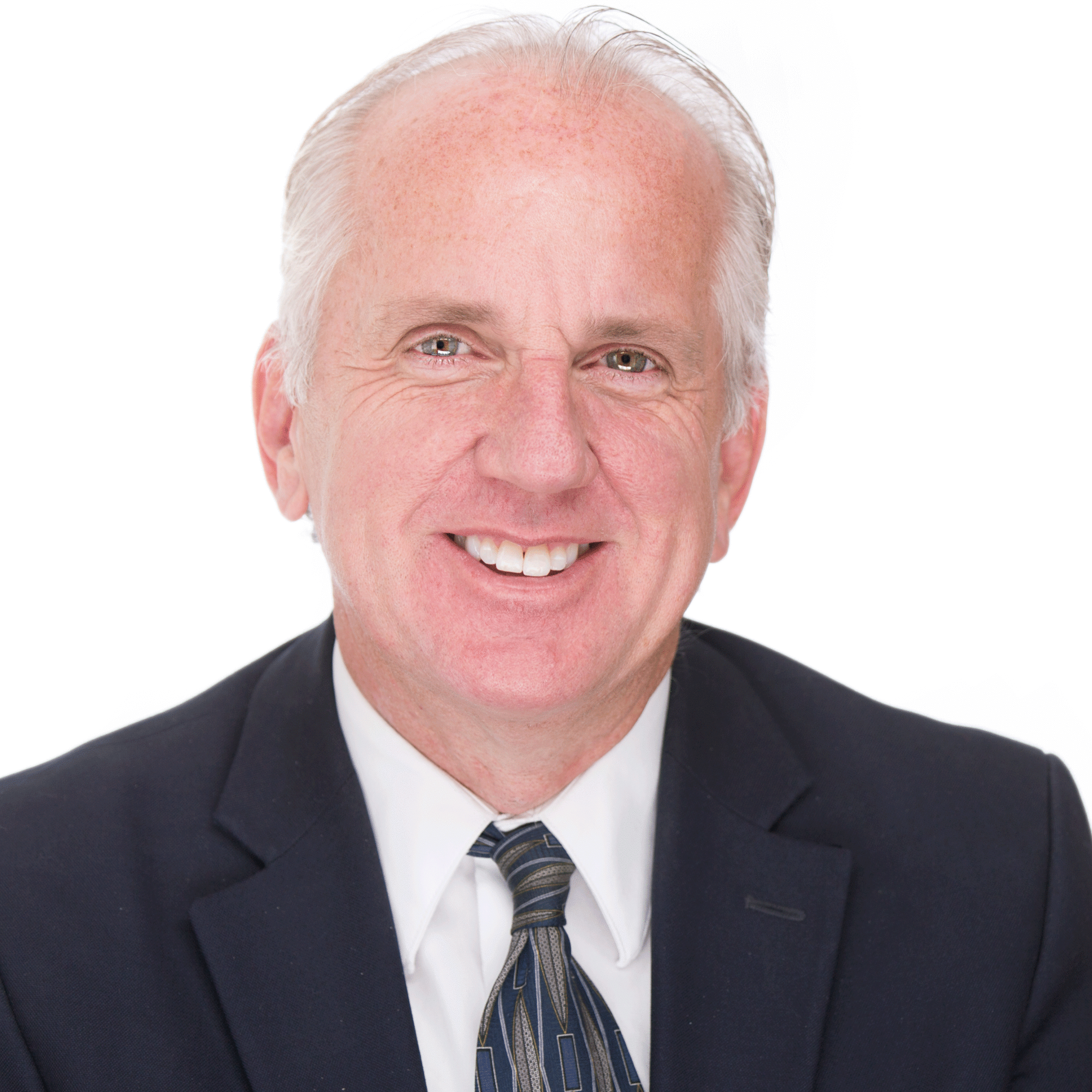
Addressing Sexual Violence in Indigenous Communities
This webinar is primarily intended for professionals working with Indigenous communities on issues related to sexual violence, including prevention, intervention, and support for survivors.
There are several reasons why understanding historical Indigenous practices and acknowledging relevant cultural factors are important skills for professionals working with those who perpetrate or are affected by sexual violence. They include:
- Cultural context: Indigenous communities have unique cultural traditions, values, and practices that shape their perspectives on relationships, sexuality, and healing. Understanding this context allows professionals to provide more culturally appropriate and effective support.
- Building trust: Acknowledging the historical trauma and injustices faced by Indigenous peoples helps build trust between professionals and the communities they serve.
- Preserving cultural heritage: By recognizing and respecting Indigenous people’s practices, professionals can help support the preservation and revitalization of their cultural heritage.
- Empowerment: Acknowledging the value of Indigenous knowledge and practices empowers communities to draw on their own cultural resources for healing and prevention and minimize their reliance on external interventions.
This webinar addresses colonization and historical trauma experienced by Native American and First Nations peoples. It offers innovative strategies for incorporating this knowledge into prevention and intervention efforts. The speakers emphasize the need for non-Indigenous practitioners to approach their work from a decolonizing and trauma-informed perspective. Additionally, the speakers encourage participants to explore the idea of incorporating traditional cultural healing practices into their professional practice and collaborating with Indigenous spiritual advisors and elders. The open-dialogue format ensures that all perspectives are welcomed and respected.
Tasha Mousseau, the Chief Officer of Advancement and Tribal Relations at Friends of the Children, shares her perspective based on her Wichita, Kiowa, and Caddo heritage. Her work focuses on supporting Indigenous communities, with a particular focus on supporting youths and fostering community growth.
Chris Lobanov-Rostovsky and Dr. Lawrence Ellerby contribute their experiences as allies dedicated to supporting Indigenous people and communities in preventing sexual offenses and re-offenses.
Listen to this conversation on addressing sexual violence in Native American and First Nations communities, where the guest speakers explore culturally responsive approaches to healing and prevention.
Who's Presenting

Tasha R. Mousseau
Tasha R. Mousseau, Pejuta Cangleska Win (Sacred Medicine Circle Woman), is an enrolled member of the Wichita and Affiliated Tribes and is Kiowa, Caddo, and Hunka Oglala Lakota. Ms. Mousseau makes her home in Porcupine, South Dakota, on the Pine Ridge Indian reservation with her wife Alicia.
Tasha holds a Juris Doctorate with a certificate in American Indian Law from Oklahoma City University School of Law. Tasha interweaves her traditional knowledge and western education throughout her work. As the Chief Officer of Advancement and Tribal Relations, she collaborates with Tribal communities across Indian Country to implement the Friends of the Children mentoring model utilizing a culturally grounded approach. As owner of Buffalo Circle Consulting, Tasha assists in policy development, code drafting, and lobbying for numerous Tribes and organizations. Tasha is an inaugural Obama USA Leader, American Express NGEN Fellow, a recipient of the 40 under 40 in Indian Country award, member of Native Leadership Oklahoma Class of 2020, as well as the inaugural class of Advance Native Political Leadership Training Program.
Tasha is the legacy of many generations of activist and advocates dedicated to political, policy, and systems change. She strives to make her ancestors proud in everything she undertakes. Her most important job and greatest legacy is passing on the teachings of her grandmother, Frances Wise, to her daughters Isabella and Kennedy. Tasha serves as a mentor to many others and is dedicated to the strength and wellness of the future generations. With every opportunity and position Tasha seeks to find ways to share what she has learned for the betterment of all Native people.

Lawrence Ellerby
Over the last 35 years, Lawrence Ellerby has provided clinical services to individuals who have been involved in violent and sexual offending behaviours having conducted assessments, provided treatment, and developed programming in provincial and federal correctional institutions, mental health centers and in the community. Lawrence has specialized in working with individuals who have significant and complex life and risk management needs. He and his team have also pioneered innovations in blending contemporary treatment with traditional culturally relevant processes of healing for Indigenous individuals who have engaged in violent and sexual offending behaviours. Beginning in 1990, Lawrence sought out guidance from and invited Indigenous knowledge keepers, spiritual helpers (Elders), and medicine people to work collaboratively to achieve optimal outcomes for Indigenous clients. Since this time, his practice has continuously had a team of Indigenous staff focused on providing cultural teachings, spiritual ceremonies, and other traditional forms of healing alongside Western individual, group, couple, and family therapy opportunities. Lawrence has published articles and book chapters on this subject and provided training related to cultural approaches to working with Indigenous forensic clients in Canada, the United States, and Europe.
Lawrence is a past President of the ATSA Board of Directors, previously chaired the Sex Offender Management sub-group and co-chaired the Clinical & Research Advisory Group of INTERPOL’s Specialist Group on Crimes Against Children, and is a past recipient of the Canadian Criminal Justice Association’s National Crime Prevention Award.

Christopher Lobanov-Rostovsky
Christopher Lobanov-Rostovsky has worked as a Native American tribal training and technical assistance associate for the National Criminal Justice Training Center (NCJTC) at Fox Valley Technical College since 2009. This work has included training tribal professionals on sex offender management and treatment and substance use interventions and providing ongoing tribal technical assistance regarding program development and evaluation. Mr. Lobanov-Rostovsky has also worked for the Division of Criminal Justice within the Colorado Department of Public Safety as the Program Manager for the Colorado Sex Offender Management Board since 2006, where he is responsible for developing sex offense treatment and supervision standards, approving treatment providers, and providing legislative and policy input. Mr. Lobanov-Rostovsky holds a Master’s Degree in Social Work from the University of Michigan and has been a Licensed Clinical Social Worker (LCSW) since 1990. Prior to his current position, Mr. Lobanov-Rostovsky worked as an approved treatment provider and evaluator for both adult and juvenile populations.
